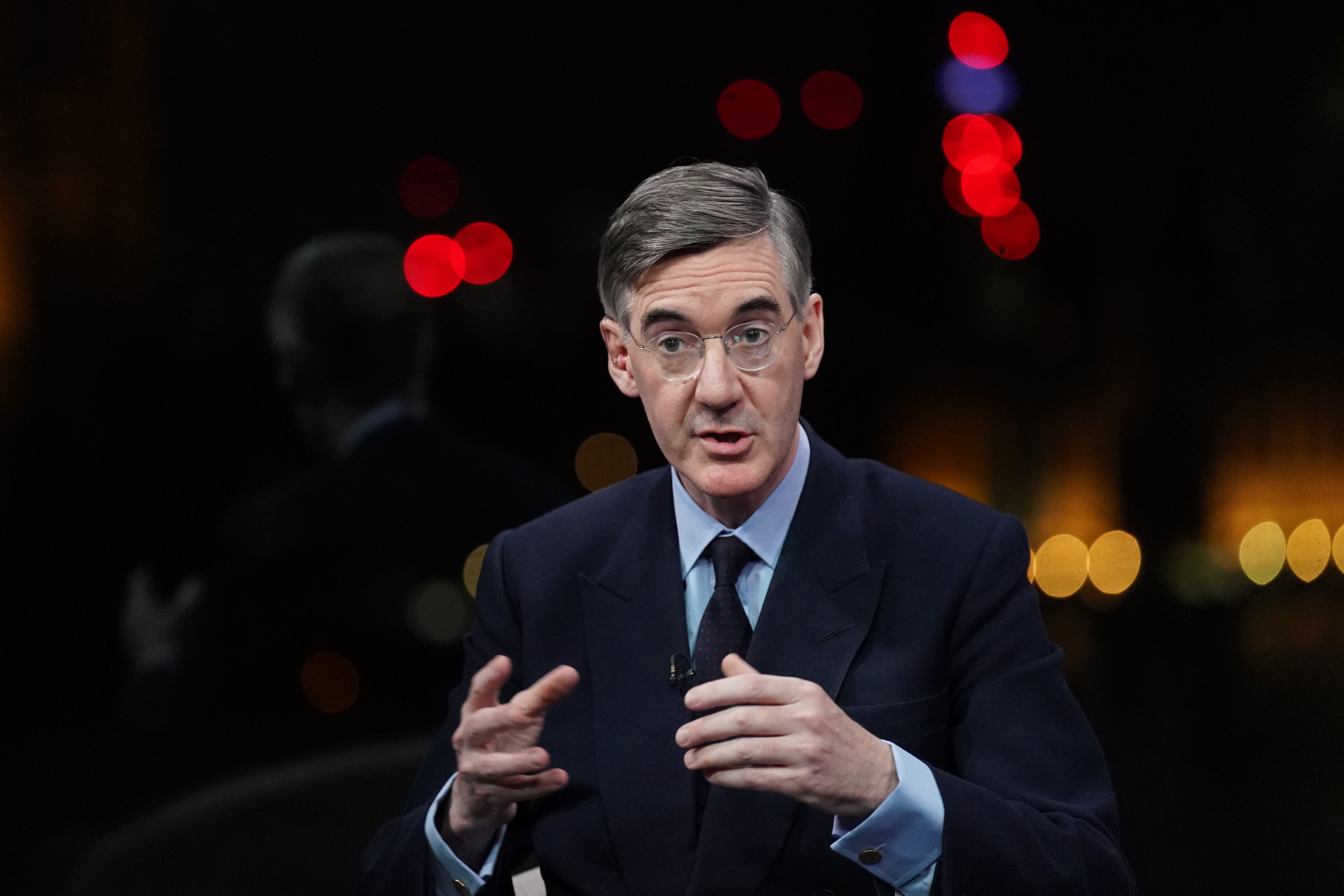Call for new guidance amid concerns over MPs hosting television programmes
Opposition MPs were offered talks with the Electoral Commission after raising the issue in the Commons.

Your support helps us to tell the story
From reproductive rights to climate change to Big Tech, The Independent is on the ground when the story is developing. Whether it's investigating the financials of Elon Musk's pro-Trump PAC or producing our latest documentary, 'The A Word', which shines a light on the American women fighting for reproductive rights, we know how important it is to parse out the facts from the messaging.
At such a critical moment in US history, we need reporters on the ground. Your donation allows us to keep sending journalists to speak to both sides of the story.
The Independent is trusted by Americans across the entire political spectrum. And unlike many other quality news outlets, we choose not to lock Americans out of our reporting and analysis with paywalls. We believe quality journalism should be available to everyone, paid for by those who can afford it.
Your support makes all the difference.The elections watchdog has been urged to issue new guidance amid concerns over MPs hosting political television programmes.
Labour MP Barry Sheerman said there would be “something wrong” with Conservative ministers being interviewed by their backbench colleagues on television at the same time that they are running “very political campaigns”.
Both he and his party colleague Kevin Brennan asked for the Electoral Commission to look closely at the issue and prepare guidance on what is deemed acceptable.
The SNP’s Owen Thompson, responding on behalf of the Speaker’s Committee on the Electoral Commission, noted Ofcom is responsible for regulating broadcasters and providing guidance on impartiality.
He added the Electoral Commission would be happy to meet the two Labour MPs to discuss their concerns.
Ofcom said its 2005 rules make clear that news and current affairs programmes “must be presented with due impartiality”, adding candidates in UK elections must not act as news presenters, interviewers or presenters of any type of programme during the election period.
Conservative deputy chairman Lee Anderson’s Real World programme first aired last month, making him the latest in a string of Tory MPs to host a GB News programme.
There is surely something wrong with members of this House asking questions at the same time that they're running very political campaigns on television
His party colleagues Sir Jacob Rees-Mogg, Esther McVey and Philip Davies also host shows on the channel.
Tory former culture secretary Nadine Dorries hosts a weekly chat show on Talk TV, although she is planning to stand down as MP for Mid Bedfordshire at some point.
Speaking in the Commons, former minister Mr Brennan (Cardiff West) asked: “Is the (Electoral Commission) preparing any guidance about this new trend we have for members of this House who may be candidates at the next election being given their own TV programmes on some of these new news channels, interviewing members of the Government from their own benches in the lead up to a general election?
“What is the Electoral Commission doing about that?”
Mr Thompson (Midlothian) replied: “It’s an excellent question. The committee has not discussed these matters with the commission as yet.
“The Electoral Commission does not have a role in the regulation of political and news programmes, with Ofcom being responsible for regulating broadcasters and providing guidance on impartiality.”
During an election period, candidates cannot present any type of programme
Mr Sheerman (Huddersfield) added: “Could the commission look closely at the fact that members of this House have television programmes? I was invited on a television programme by two members of this House – I didn’t accept the invitation.
“There is surely something wrong with members of this House asking questions at the same time that they’re running very political campaigns on television.”
The next general election is expected to be held in 2024.
An Ofcom spokeswoman said: “The rules around politicians presenting programmes were first introduced in 2005.
“Given the rise in the number of current affairs programmes presented by sitting politicians and recent public interest in this issue, we are conducting new research to gauge current audience attitudes towards these programmes. This will be carried out by an expert research agency and we aim to publish the findings later this year.”
She added: “Our rules – which make clear that news and current affairs must be presented with due impartiality – came into force in 2005 following public consultation, and reflect the duties set for Ofcom by Parliament in this area.
“Our code makes clear that the approach to due impartiality may vary according to the nature of the subject, the type of programme and channel, and the likely expectation of the audience. We take into account all these important contextual factors in deciding whether or not a programme is duly impartial.
“Our rules are also clear that serving politicians cannot, in general, be a newsreader, interviewer or reporter in any news programme. And during an election period, candidates cannot present any type of programme.”